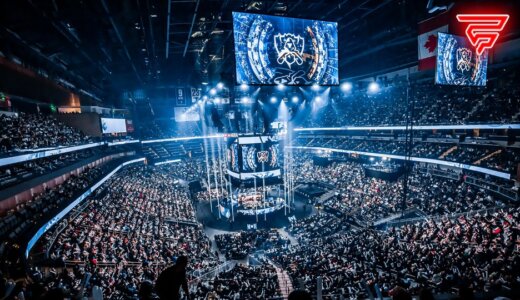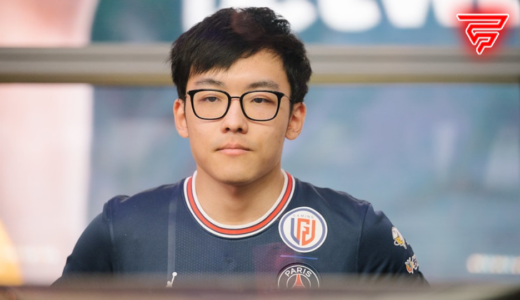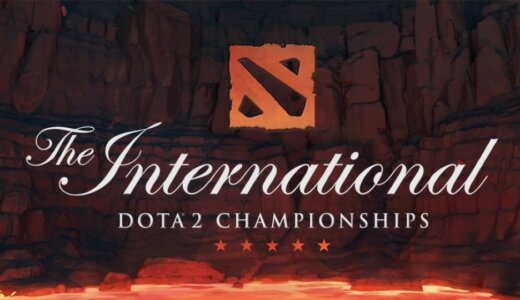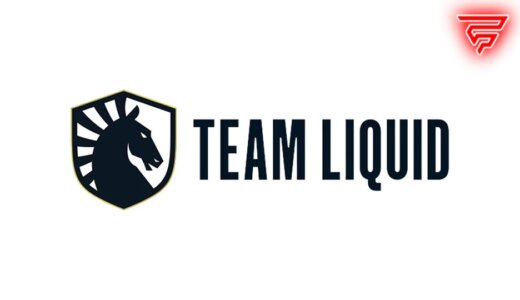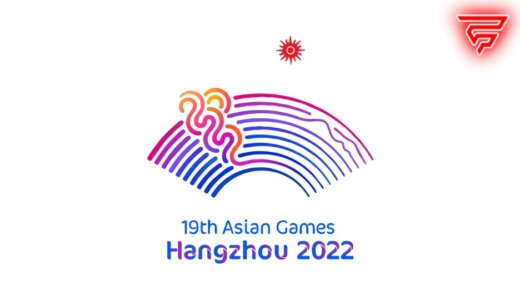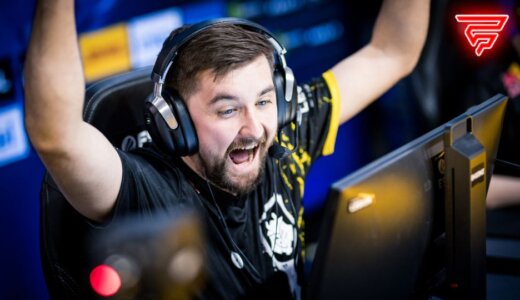Compared to traditional sports which have been around for centuries, esports is still a relatively new industry. As the industry grew massively in recent years, the interest in a career of a professional esports athlete naturally also increased. And so did concerns regarding the absence of a proper age limit for becoming a professional esports professional player.
While some call for establishing an age limit in professional esports leagues to protect minors just like in traditional sports, others argue that an age limit is not necessary.
Difference between esports and traditional sports
Gaming is all about passion and drive, however, it gets harder and more factors come into play when it becomes competitive. While in traditional esports everything revolves around physical skill, strength, or technique, in the world of esports, split-second decisions, mental stamina, and mental capability along with a positive mental attitude are all factors that hugely contribute to the results of the game. And as always, these things are heightened with hours of training.
Unlike in traditional sports, clutch moments that are often the results of split-second decisions play a crucial role in the process and can literally change the entire result of an esports match. Seize it in a fraction of a second and the audience roars with cheers and applause; miss it, and disappointment and regrets follow the player among with the team. Countless tactical split-second decisions like that are needed throughout one game, that’s why focusing on training those is one of the main priorities for esports players.
Qualities of youth and age are both valuable in a team
The vast majority of professional sports leagues around the world such as the NHL, NFL or the NBA have age limits for participants, which are usually somewhere between 18 and 21 years old.
Meanwhile in esports, anyone who has the skill and desire to become a professional athlete has the ability to do so, meaning there are players as young as 16 years old playing in professional esports leagues, performing among much older colleagues and opponents, making business decisions and dealing with a significant portion of pressure on multiple levels. The youngest player to ever become a millionaire from a single esports tournament is Jaden Ashman, 15, who goes by the pro tag Wolfiez in Fortnite.
However, when it comes to competitive gaming, it is known that younger people tend to have better reflexes, hand-eye coordination, and muscle memory and due to this they are more sought out prospects for teams. Even more so if they show the potential of becoming a star. That said, with age comes more mental capability and experience, even though learning and adapting to new things can slow down.
All of these qualities are valuable in a team, that’s why teams will oftentimes seek a veteran player’s help to build a roster around an upcoming and promising rookie to win tournaments, because what is considered as youth advantages often slowly degrades over time.
The peak time for esports players comes around 18-23 years old — much sooner than in traditional sports, where athletes usually experience peaks in the later stages of their careers. Esports players often start being considered rather old above the age of 25, however, the current esports scene has enough veteran players over 30 still on top, proving that this outlook is far from accurate. There is even a professional CS:GO team with ages of all players above 60, known as The Silver Snipers!
The impact of setting an age limit on the scene
While because of the aforementioned reasons the minimum age limit in esports is usually very low or non-existent, some countries, such as China, are already implementing rules aimed at protecting young people from extensive exposure to gaming.
Last year in the summer, China implemented a new law restricting the screen time of young people that are under 18 years of age. Besides limiting online gaming for minors to 3 hours per week, the minimal age to become an esports player increased from 16 to 18. This had a significant impact on China’s brimming eSports scene, as teams had to remove young players from their rosters and some leagues were consequently canceled or delayed.
Looking at the player composition on European and North American esports scenes, the result after setting a minimum age limit in professional leagues in these regions would be most likely very similar, which is also why leagues don’t seem to be eager to change the age limit for now.
Header: Yan Krukov / Pexels

